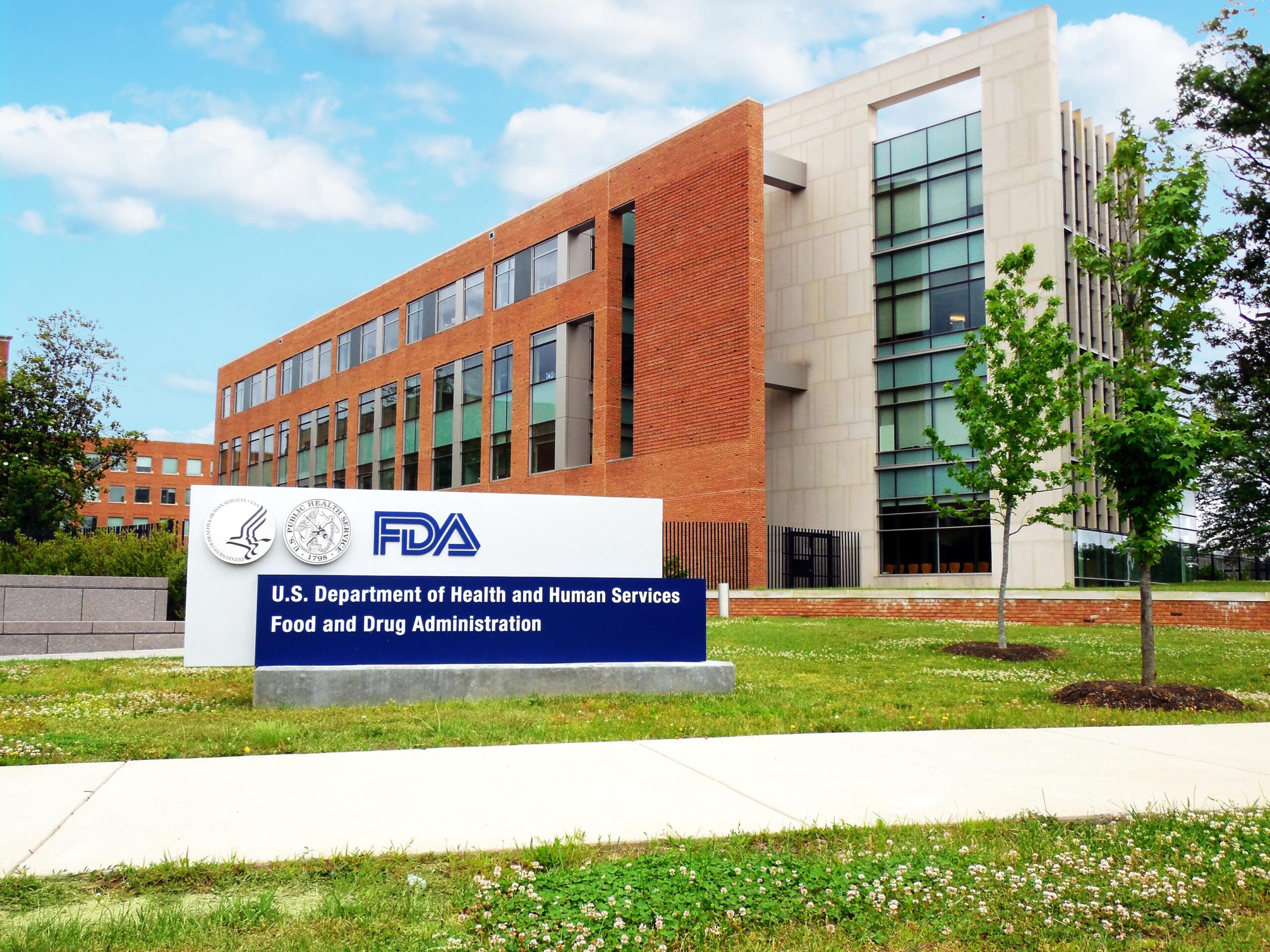On July 13th, the Food and Drug Administration’s (FDA) Oncologic Drugs Advisory Committee (ODAC) approved the use of two new biosimilar applications.
Amgen’s biosimilar application for Genentech/Roche’s Avastin (bevacizumab) was approved by a vote of 17-0 for all indications, which includes metastatic colorectal cancers, non–small cell lung cancer, glioblastoma and cervical cancers.
The data package provided by Amgen for bevacizumab was very strong with members stating that sound information was provided showing good manufacturing process rational and biosimularity based on characteristics seen in all indications — with almost identical toxicity profiles. While the vote was unanimous, two committee members did make further comments about approval for all six indications, specifically asking what the applicant and the FDA would be doing for robust post-marketing safety surveillance. The FDA noted that the agency will attempt to track the safety of this product, not unlike all other products currently on the market.
In addition, the ODAC approved Mylan GmbH’s application for Genentech’s Herceptin (trastuzumab), which has been on the market for nearly three decades and is most notably used to treat HER2 breast cancer. The vote for Mylan’s GmbH’s application was also approved based on the totality of evidence, including the extrapolation of data on HER2 and gastro cancers.
ASBM chairman, Harry L. Gewanter, MD testified at both sessions applauding the committee’s review of biosimilars for increased patient access and physician use. However, he also reiterated to the FDA the strong need for distinguishable naming of biologics and biosimilars, specifically advocating for meaningful 4-letter suffix systems and the adoption of the World Health Organization’s BQ proposal to avoid confusion between medicines. Additionally, in the afternoon, Dr. Gewanter reinforced the need for extensive post-marketing surveillance systems and real world data to build confidence in the uptake of biosimilars to address comments made from the FDA in the earlier session. Read his testimony for the morning session here and the afternoon session here.
Several other ASBM patient and provider organizations were also present and participated in the open public speaking section of both meetings. During the morning meeting for the biosimilar to Avastin, Thair Phillips of RetireSafe, Andrew Speigel of the Global Colon Cancer Alliance (GCCA), and Dr. Dennis Cryer with the Biologics Prescribers Collaborative (BPC), all shared their perspectives on the need to prioritize patient safety in the approval of new biosimilars.
In the afternoon session, some members further refined and reiterated their statements on patient safety concerns. Dr. Dennis Cryer of BPC further advocated for clear guidance from the FDA on interchangeability that would include robust data packaging and labeling information insisting that physicians want access to all information. Thair Phillips, president of RetireSafe, expressed concerns about non-medical switching.
Other ASBM patient groups that submitted written comments for this hearing included: the Colon Cancer Alliance (CCA), the Global Healthy Living Foundation (GHLF), and the Lupus and Allied Diseases Association (LADA).
More information on the ODAC Meeting is available here.
View the ODAC Meeting live at: https://collaboration.fda.gov/odac0717/
